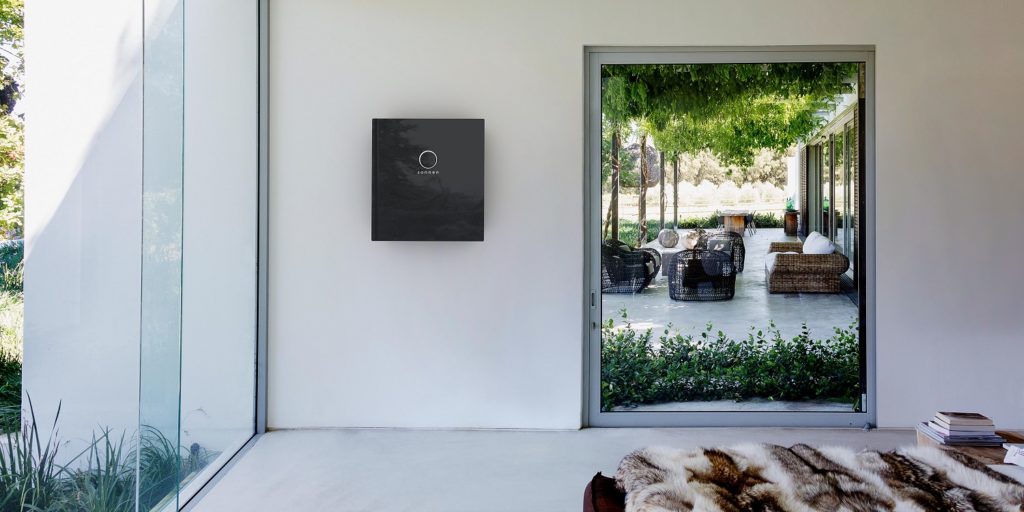With German residential storage suppliers such as sonnen already established in the Australian residential storage marketplace, other leading suppliers from Germany such as Senec, Solarwatt and E3DC are all following suit and are at various stages of Australian market entry.
However, despite this surge in activity in terms of battery system suppliers, installers previously burnt by short-term market peaks in the days of state-based FITs may lack the capacity or take a more cautious approach to new business, and therefore fall short of fulfilling end market demand.
That is at the very least the impression of sonnen’s Global CEO Christoph Ostermann, who noted that the quandary replicates the situation being currently experienced in the German market.
“In Germany, this is actually what is slowing down the market growth – the lack of installation capacities after the disastrous consolidation of the solar installation market,” Ostermann told pv magazine. “This is a bottleneck in Germany, and I suspect this is also the case in Australia.”
sonnen reports that in the month of August, the Australian market became the second best performing market for the company in terms of sales – behind its native Germany. This strong performance is significant given sonnen’s relative success in far more populous markets such as Italy and the U.S.
“We are very positive about Australia,” said Ostermann. “It has been really dynamic since this unbelievable [residential electricity] price increase in July, of around 25 – 30%. This drives the economics of the case for self-consumption [of rooftop PV generation].”
Installing storage
In terms of the potential installer bottleneck, Ostermann says that the very rapid and intense period of installer and wholesaler consolidation in Germany earlier this decade, has left installers unwilling to take risks, putting a break on the market.
“[In Germany] those that did survive have limited capacity,” explained Ostermann, “and they are very cautious of expanding this. They hardly survived [the downturn], and they remember how fixed cost structures are not a good thing in certain situations. This means that if they get 200-plus enquiries from customers for solar+storage systems, but they can only install 100, then they optimize it via the price – and this is slowing the market at the end of the day.”
At the start of 2017, Australian solar consultancy SunWiz forecast that more than 30,000 distributed storage systems will be installed for the year. The prediction was made during the launch of the SunWiz 2017 Battery Market Report. Commenting on that forecast, Ostermann said that after a year of “preparing the market” sonnen is well placed to meet some of that demand.
“From the demand perspective, I am absolutely convinced that 30,000 is a reasonable figure,” said Ostermann. “That’s if the Australian installers have enough boots on the ground to install 30,000 systems.”
SunWiz reported in late September that 7,000 residential storage systems were installed in the first six months of 2017.
This content is protected by copyright and may not be reused. If you want to cooperate with us and would like to reuse some of our content, please contact: editors@pv-magazine.com.









By submitting this form you agree to pv magazine using your data for the purposes of publishing your comment.
Your personal data will only be disclosed or otherwise transmitted to third parties for the purposes of spam filtering or if this is necessary for technical maintenance of the website. Any other transfer to third parties will not take place unless this is justified on the basis of applicable data protection regulations or if pv magazine is legally obliged to do so.
You may revoke this consent at any time with effect for the future, in which case your personal data will be deleted immediately. Otherwise, your data will be deleted if pv magazine has processed your request or the purpose of data storage is fulfilled.
Further information on data privacy can be found in our Data Protection Policy.